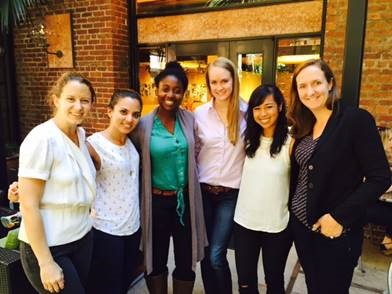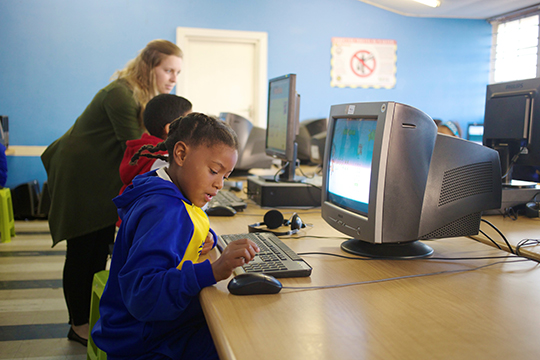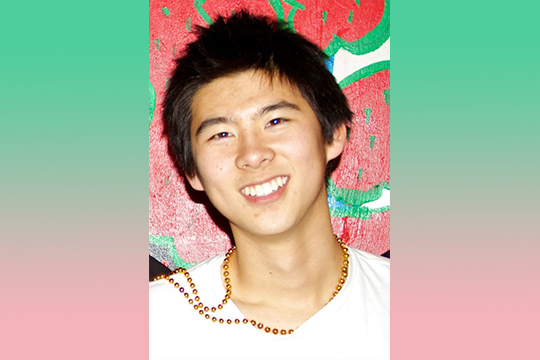Category: Technology & Engineering

Eliminating the opportunity gap
By Arnelle Ansong, ’18
I began noticing income disparity when I was a student at my middle school, which pulled students from cities and suburbs throughout the county. The realities of income disparity became even more obvious in high school, where students across the income bracket took classes together.
My interest in economic and educational inequity fed perfectly into my summer at Wishbone, an organization devoted to eliminating the opportunity gap. Wishbone helps low-income high school students find quality summer programs, empowers them to raise funds, and provides scholarships for unmet need.
To meet the needs of the organization’s rapid expansion, I collected information on existing programs in Wishbone’s Connecticut, San Francisco, Los Angeles, and New York regions. After gathering this network of programs, I updated Wishbone’s online database so that more students can access programs that suit them.
A visit to an engineering camp in San Francisco affirmed for me the significance of my work. There I met Jenny, who had almost no experience with electronics. During her summer, however, she learned enough to create solar-powered speakers!
Quality summer programs like these give students the opportunity to develop their passions. Everyone deserves access, and this summer gave me the space to explore and expand on my own passions.

Computers to power learning in Cape Town
By Morgan Abbett, ’15 (Environmental Engineering, African Studies, and coterm M.S. Environmental Engineering and Science)
Across South Africa, mathematics test scores, secondary school matriculation rates, and youth employment rates are troublingly low. These statistics are, in part, the result of schools’ failure to teach students useful skills and provide personalized education. That is where computers can help. Through Stanford Engineers for a Sustainable World, I have worked for the past year to design a technology center at Parkwood Primary School in Cape Town, an underfunded public school that does not have a long-term computer space or program. Our team is working to build an effective, sustainable technology solution at Parkwood that will improve academic performance and propel students towards greater success in school and future employment. In addition to serving students, the center will provide computer access and training for teachers, parents, and other community members.
Thanks to an African Service Fellowship provided by the Haas Center, I spent several months in Cape Town designing the building, creating the program’s organizational model, teaching computer literacy classes, and working with our partners, an educational enrichment nonprofit called Bottomup, and a South African coding academy called iXperience. The next step is fundraising for the construction of the center. For more information please feel free to reach out to Stanford Engineers for a Sustainable World.

Technology with purpose
By Sean Wang, ’15 (Biological Sciences)
When I first entered college, I had virtually no concept of “social entrepreneurship,” let alone its role as a pathway of public service. My interest in the topic arose from a fortuitous introduction to the “social-e” sphere through the Compass Fellows program and Social-E Capital, an early-stage social venture competition. Soon I began exploring how the technical aspects of science and engineering can be effectively leveraged for service.
Over time, several classmates and I have coordinated Stanford4Good, a conference on social entrepreneurship that convenes science and engineering undergraduates with young Stanford alumni working in social impact. We also partnered with the Career Development Center to recruit more tech-oriented organizations to the Social Impact Career Fair. Multiple attendees at these two events have expressed their excitement around “technology with purpose” – a notion I hope will become the norm as more students gain STEM backgrounds. Now, after co-leading a Thanksgiving Back service-trip on the topic in the Bay Area, I am confident that the popularity of social entrepreneurship on campus will continue to grow. I hope we may disrupt the traditional career mind-set of many STEM majors and encourage them to consider working in the social sector – an area in which their perspectives and skill sets potentially have much to contribute. I look forward to witnessing the social innovations that students at Stanford will dream up!
